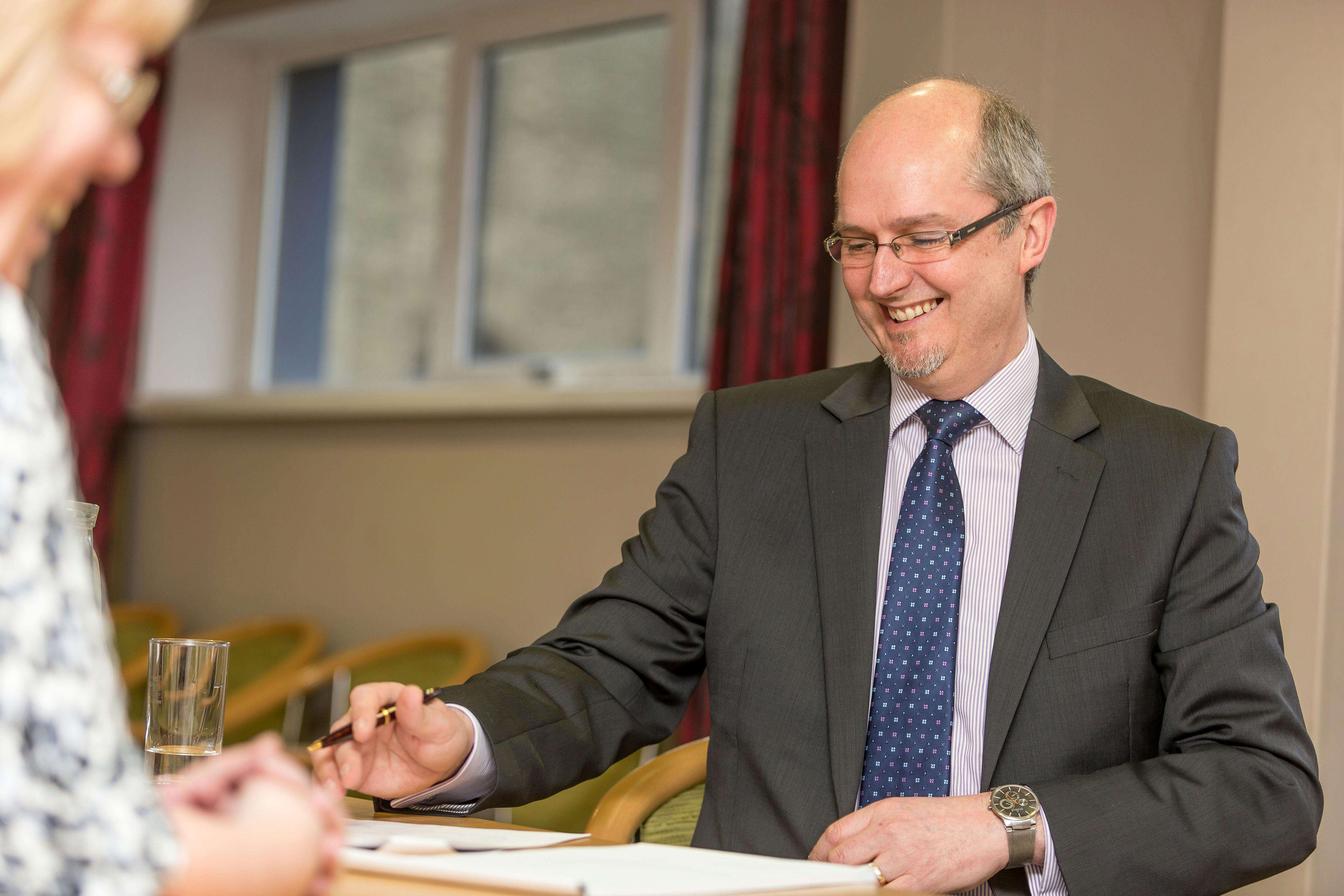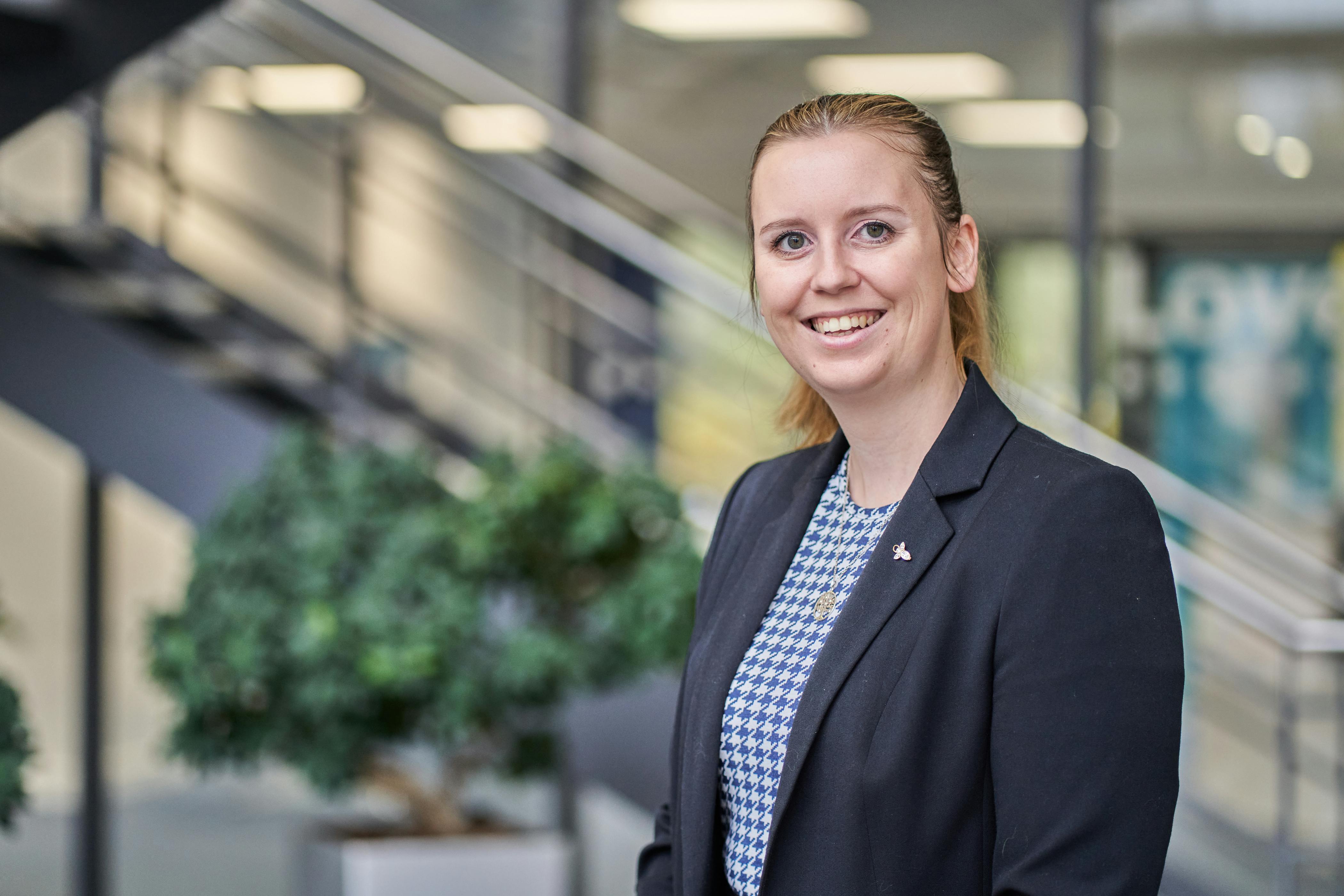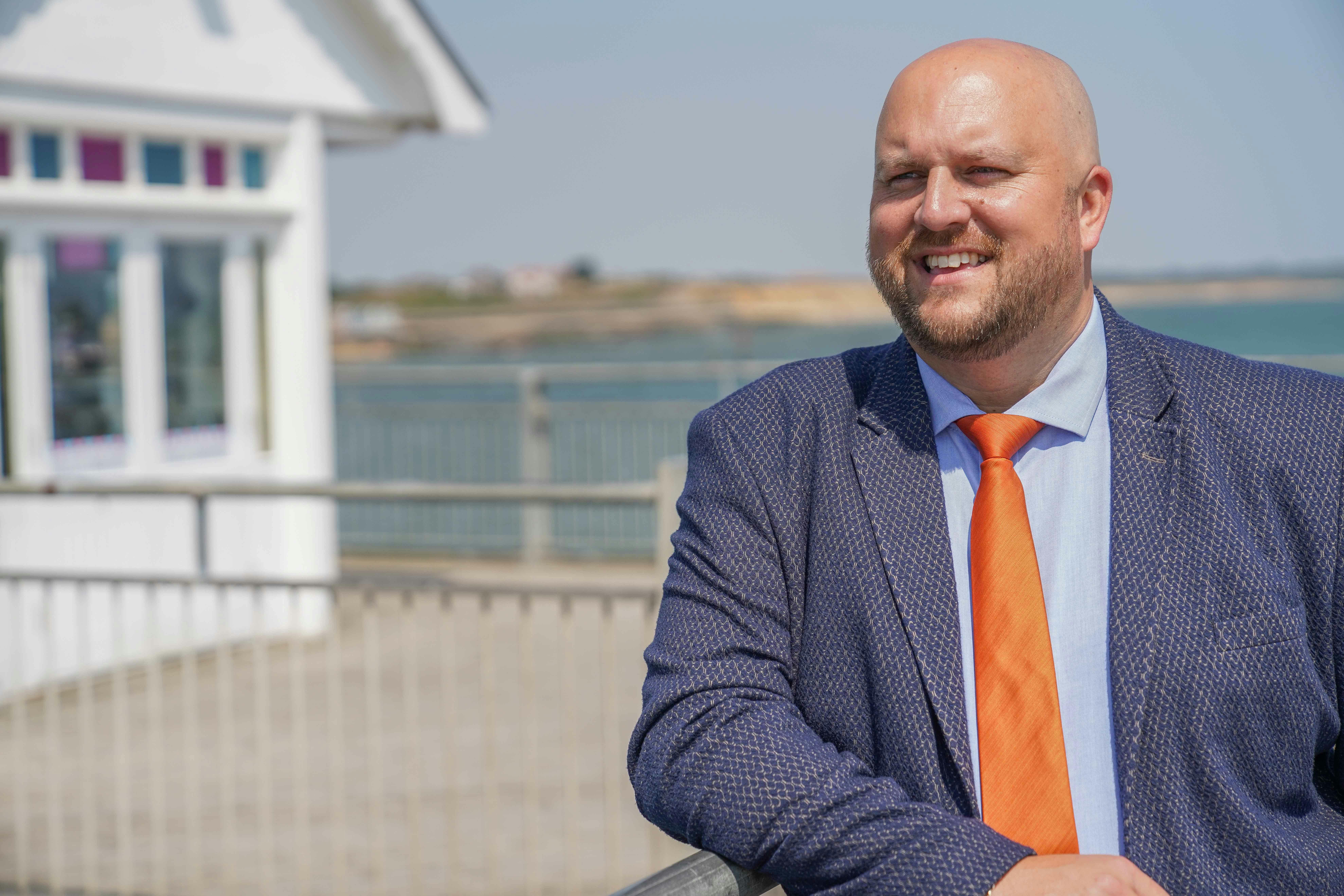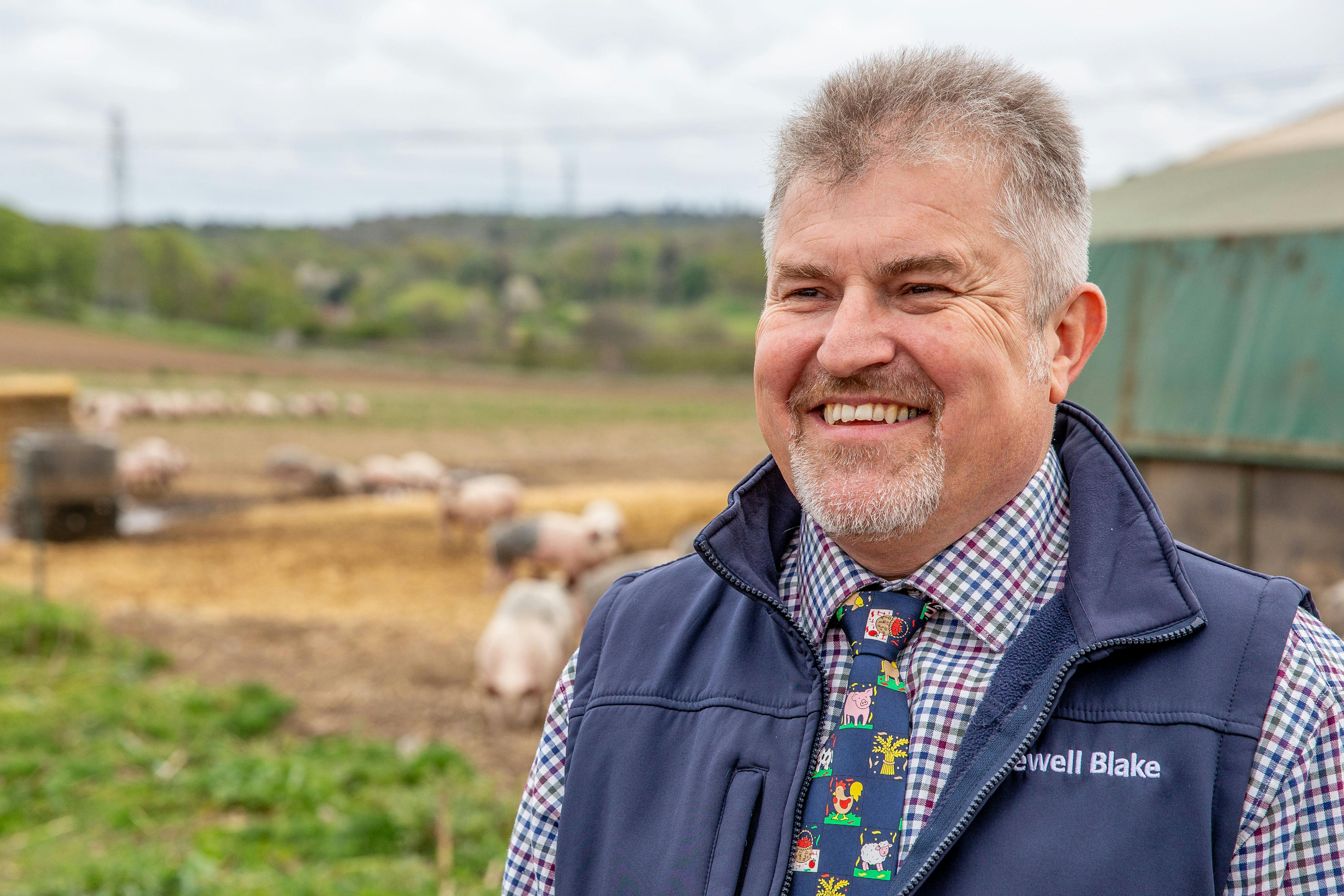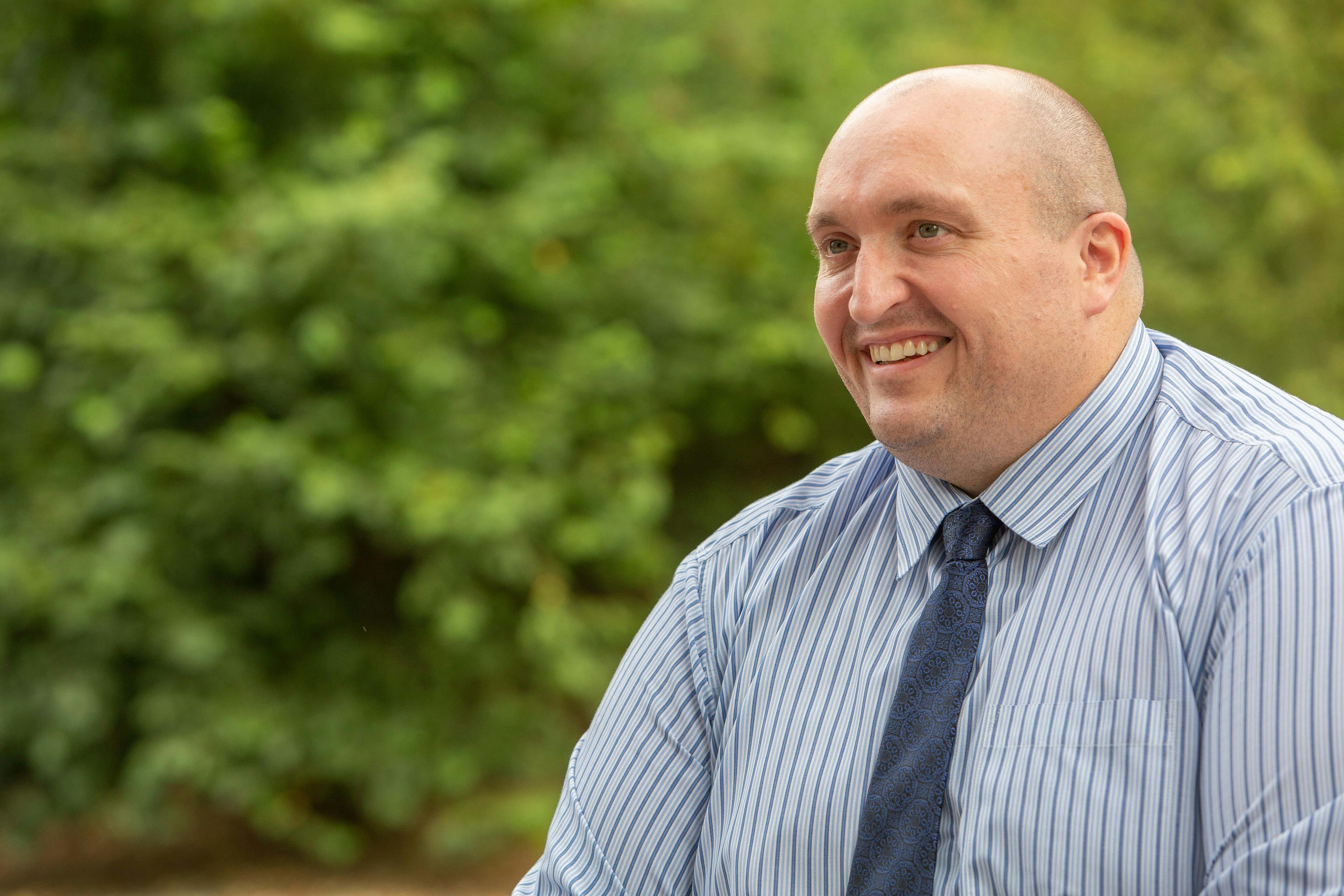Here at Lovewell Blake, we offer assistance across all aspects of business tax, including VAT tax planning, helping you to get on with what you do best.
When VAT was introduced in 1973, it was considered to be a ‘simple tax’. Now, it is one of the more complex and sometimes challenging taxes. In this article we will look at some of the common queries which should help to point you in the right direction when seeking VAT advice.
UK VAT rules
The UK VAT rules are constantly evolving. Changes to tax rules are often perceived as frustrating. However, change can sometimes be a good thing. In recent years we have seen changes which allow certain charities to recover VAT on their non-business expenses, which had not previously been the case. There are more recent changes surrounding Brexit, the way businesses import goods and postpone accounting for VAT, as an example, shows a willingness by the UK Government to help businesses with cashflow rather than hinder them. Admittedly the rules around imports are more complex than before but that may be the compromise here, better cashflow in return for a more complex Customs process?
UK VAT rates
It is worth pointing out that since 1979 there have only been three VAT rates: zero rate 0%, reduced rate 5% and the most common standard rate, which has changed several times but is currently 20%.
Since the UK left the EU single market, the UK Government has introduced a temporary rate of 12.5% for certain supplies of hospitality, hotel and holiday accommodation as well as admission to certain attractions from October 2021 to March 2022.
This new rate effectively bridges the gap between the current reduced rate at 5% on these supplies until it eventually returns to 20% in April 2022.
VAT registration rules
Whilst VAT itself is designed to be a tax on consumer spending, it affects businesses and organisations in different ways. To start with, it is currently possible for a UK based business trading below £85,000 of taxable supplies (in any 12 month rolling period) to remain unregistered for VAT or, if preferred, they can register for VAT on a voluntary basis. There is of course a lot to consider for either route and the pros and cons of each should be weighed up. However, should your taxable turnover exceed £85,000 in any 12 month rolling period then you do have an obligation to register for VAT and may no longer have a choice.
The term ‘taxable turnover’ when referring to VAT is identifying income which would be subject to VAT at 0, 5, 12.5 or 20% if registered for VAT. For example, rental income from a holiday cottage is considered to be taxable and at present is subject to 5% VAT, increasing to 12.5% in October 2021 and then 20% in April 2022. However, in contrast, income from a residential property that is rented to a tenant on an assured shorthold tenancy for example is considered to be exempt from VAT. If the only income the business receives is exempt from VAT then there is no ability to register for VAT. Some businesses of course do have both taxable and exempt income and where this is the case the business will be considered to be ‘partially exempt’ for VAT purposes. A partially exempt business may not be able to recover all of the VAT it incurs and further calculations are needed to establish exactly what their VAT recovery and position will be.
VAT recovery, business or non-business
Some organisations may be further impacted if they are not deemed to be in business. This can have an impact on the amount of VAT recovery they are entitled to.
Generally speaking, non-business supplies are considered to be those which are provided either free of charge or without an expectation to generate any income.
One such example could be local authorities or parish councils. They provide a number of public services and facilities which do not in themselves generate any income. Therefore, these bodies are often able to rely upon their status to recover non-business VAT costs directly from HMRC. These organisations are known as section 33 bodies and a unique set of rules apply to them.
VAT group rules
Clearly there is a vast amount of information to consider and almost every business or organisation has a number of areas to ponder when it comes to considering VAT exemption, taxable supplies and whether there are any business or non-business supplies. Where businesses are operating under the same control it might even be beneficial to consider forming a VAT group as that can offer cash flow savings, but this does make all group members jointly liable for any VAT, so is something that would require careful consideration.
VAT exemption/recovery for individuals
The VAT rules also extend to consumers directly and in certain circumstances VAT relief can be obtained on certain mobility aids for those with disabilities for example. HMRC have clarified the rules on certain ‘lost space’ as a result of creating an accessible bathroom in an individual’s home and provided guidance for charities installing disabled facilities for example.
Furthermore, individuals wishing to build their own home could be put in a position of being able to recover the VAT cost of building materials and/or labour. We are aware of a number of claims being rejected and later being heard at Tribunal, due to the complexities involved with such a claim. We have assisted many individuals with these claims over the years and it is well worth exploring the planning documents and costs incurred before a claim is submitted as it is a ‘one time only’ claim process. Crucially there is a three month deadline between practical completion and the claim being submitted so a pre-emptive VAT review is highly recommended under the circumstances.
Best VAT advice we can give
There are a great number of VAT implications for businesses and consumers alike and we cannot stress how important it is to seek professional advice in advance of any agreements, wherever possible. We always say that there is no such thing as a ‘silly question’ when it comes to VAT because there are so many possible outcomes and possibilities and rarely are two cases the same. By seeking VAT advice not only will you have an understanding of the situation but it will help to decide how best to proceed.

